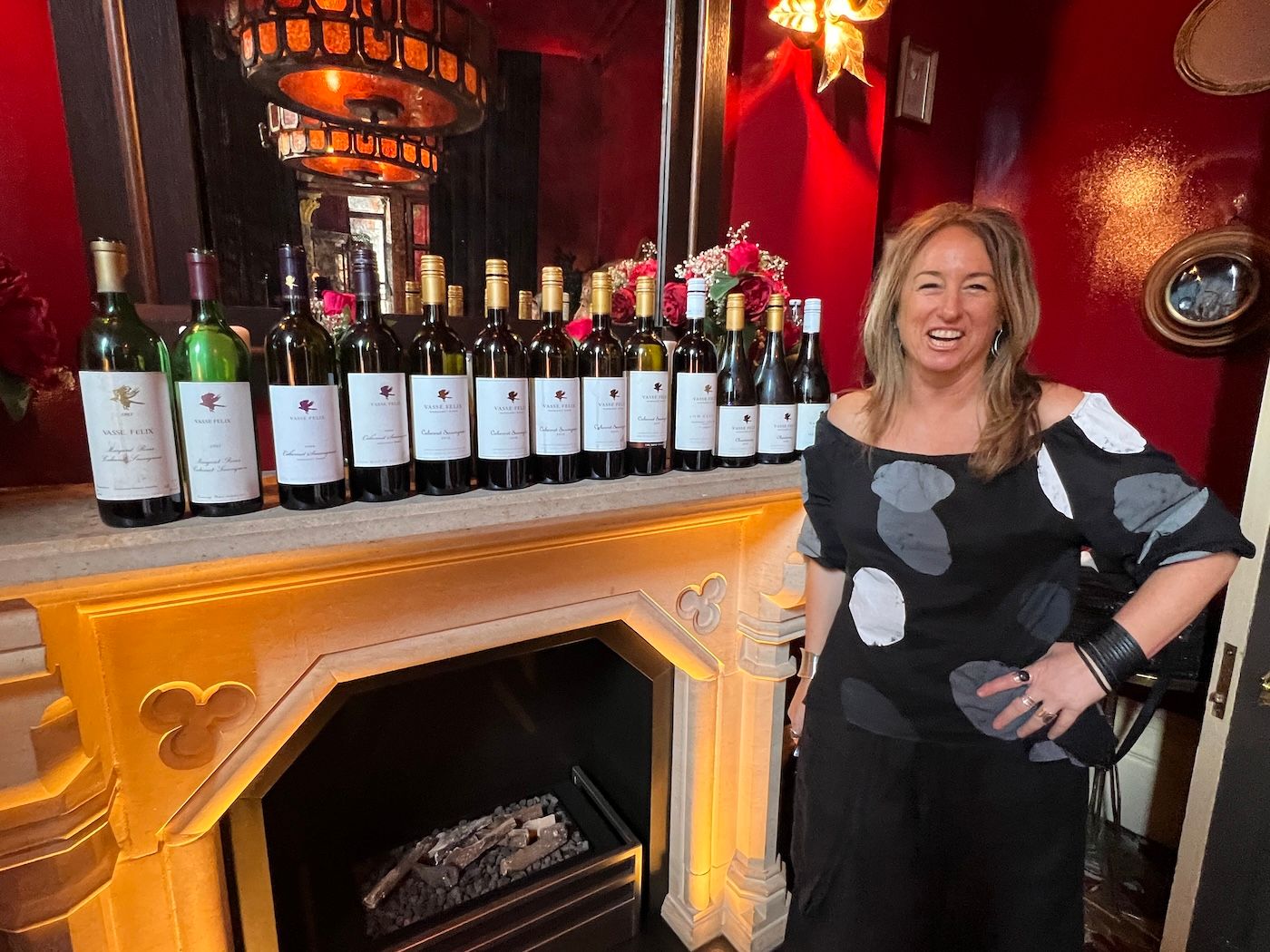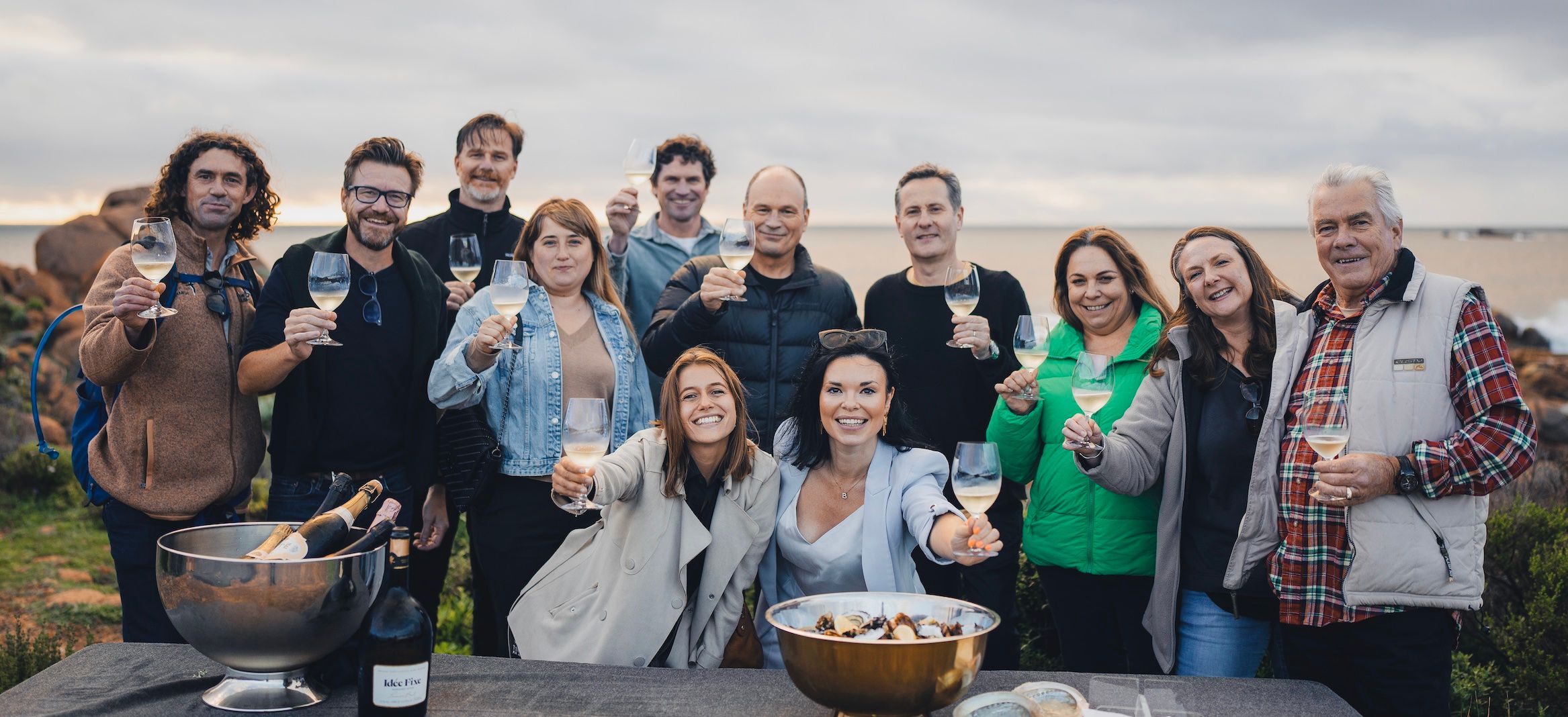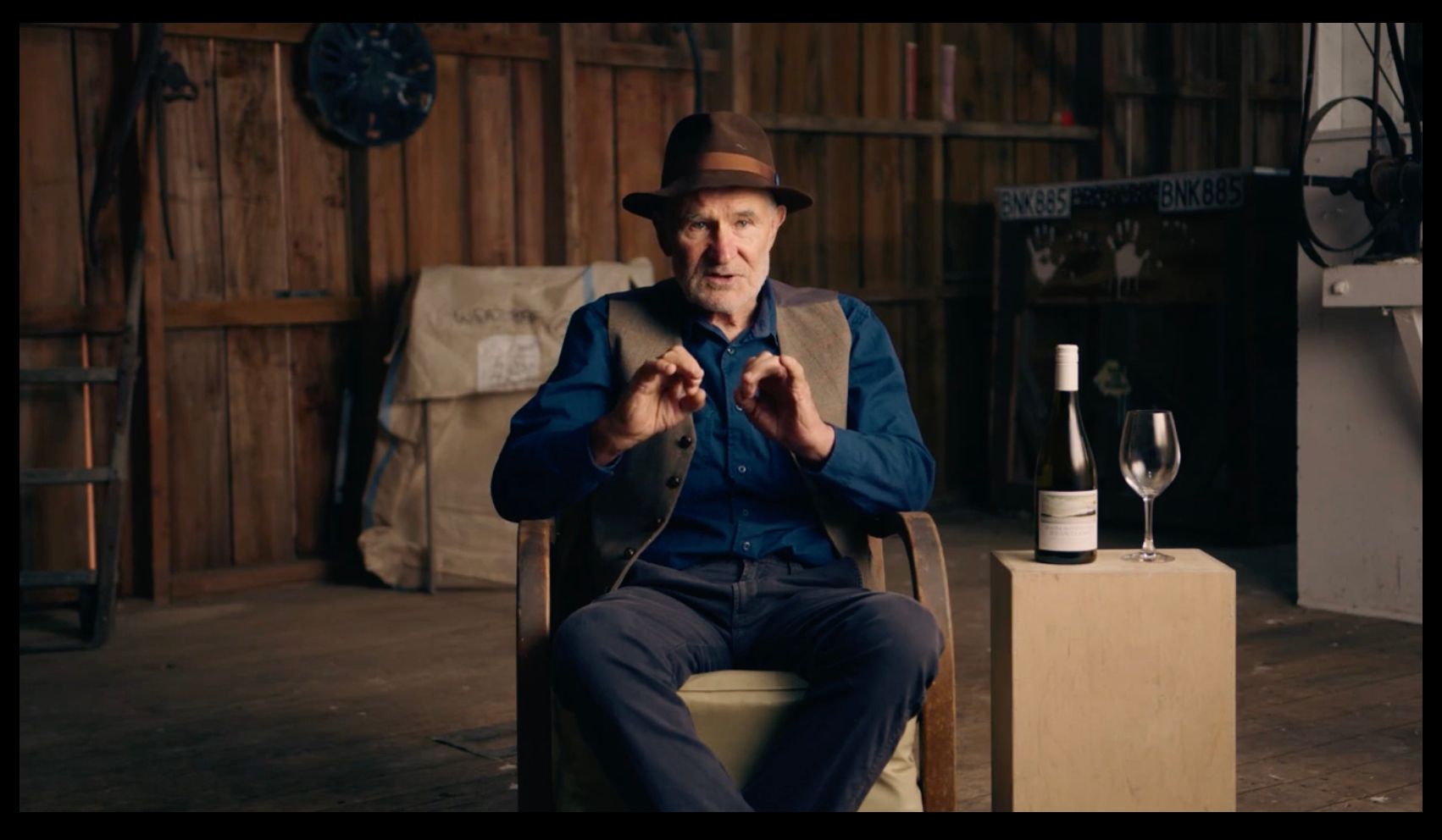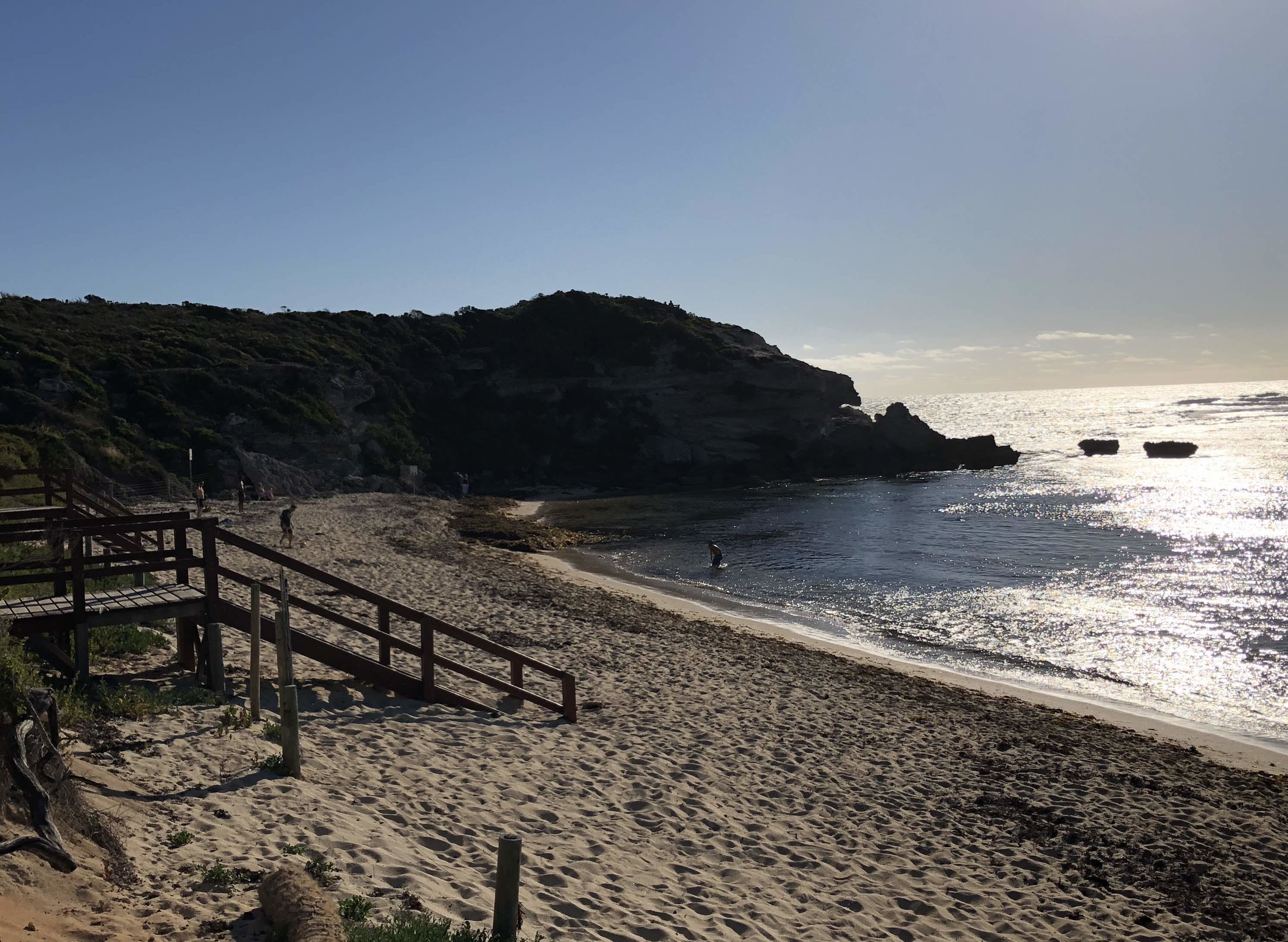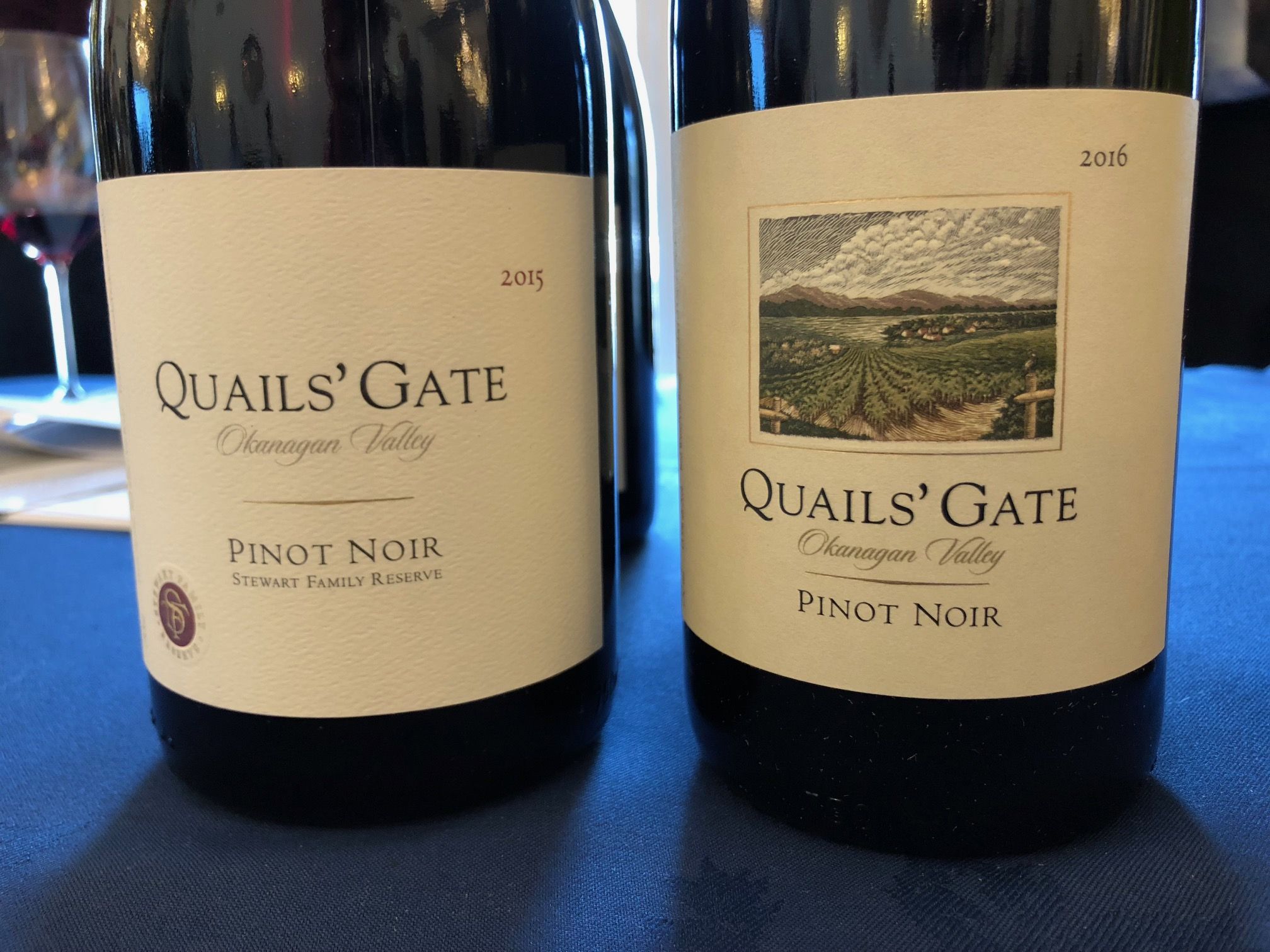In 1970, Cape Mentelle was the third winery to be established in Margaret River after Vasse Felix and Moss Wood and like them is reknowned for its Chardonnay and Cabernet Sauvignon. Little sister Cloudy Bay in New Zealand, founded by Cape Mentelle’s David Hohnen in 1985, has become the better-known brand in the UK and other export markets, which David Moulton, Cape Mentelle’s chief of winemaking and viticulture, thinks have been neglected in recent years. This visit to the UK, then, is part of a concerted effort to revive awareness of the revamped Cape Mentelle brand.
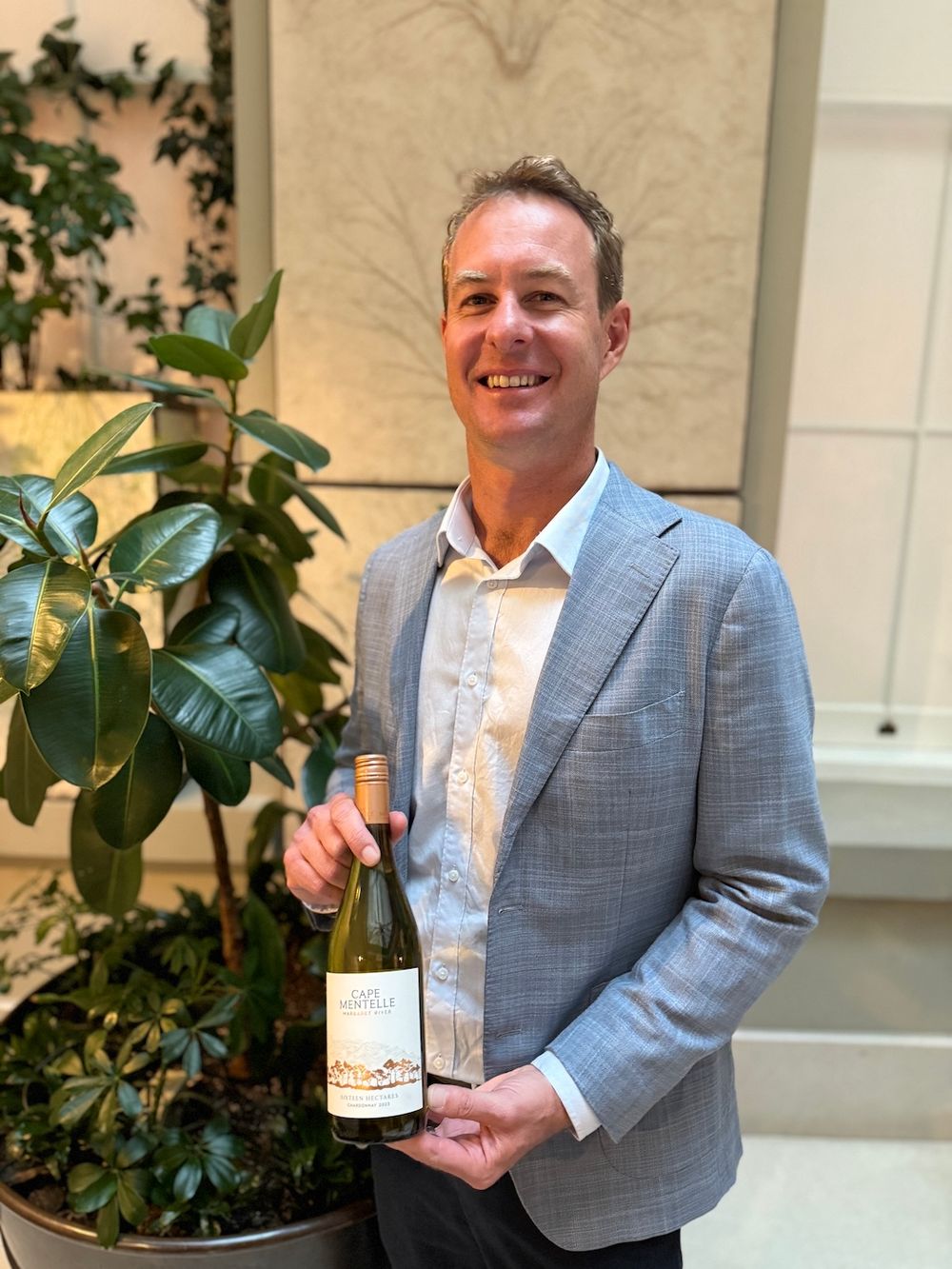
"You don’t make a masterpiece with primary colours" – David Moulton, Cape Mentelle chief winemaker, London, January 2025
The relaunch has happened in various stages, with new labels and tier names introduced from the 2022 vintage – the winery having three ranges which will be in the UK from February 2025: the entry-level Marri, mid-tier Sixteen Hectares, and Heritage, previously the Icon range, which are wines produced from Cape Mentelle’s oldest vineyards.
The pursuit of good wine
The Marri range of wines is named after the type of eucalyptus tree which surrounds the estate’s vineyards, pointing to the good drainage on Margaret River’s famous ironstone gravel soils. The team welcomes the biodiversity this native bushland helps foster, particularly when the Marri trees flower, blanketing the ground with snow-like blossom, and distracting the birds from the grapes with their pollen.
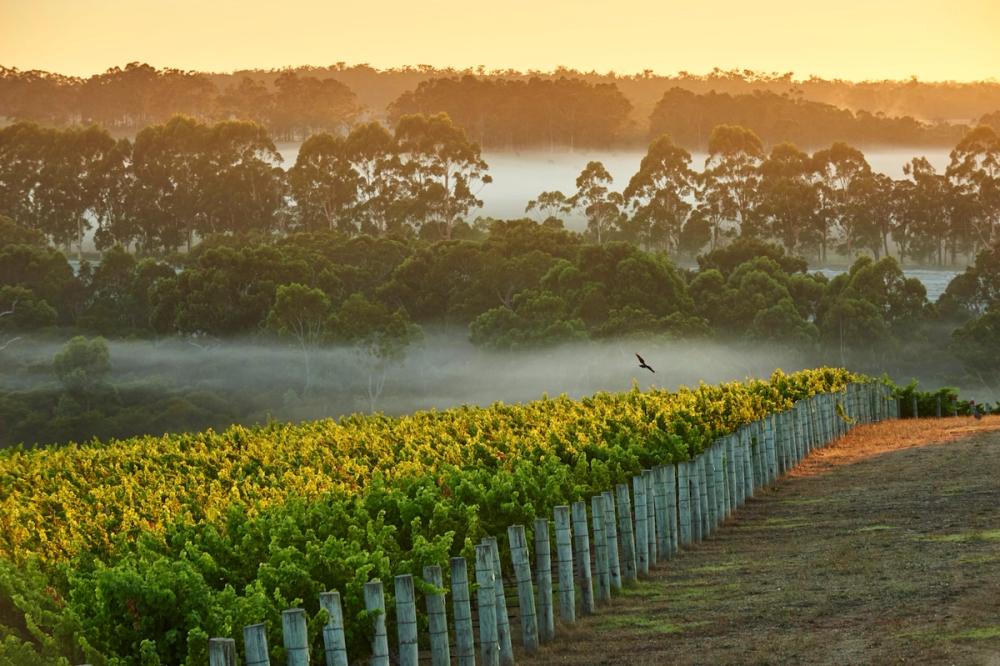
The towering native Marri trees have long been a symbol of the estate, providing a natural shield for the vineyards against the rugged coastal climate.
Sustainable practices are a core value at Cape Mentelle. Its coastal location, complex soils, and commitment to sustainability – including solar energy, water conservation, and development of biodiversity – have earned it Sustainable Winegrowing Australia (SWA) certification.
Over the past decade the team has been working on a cover crop project with grasses and clovers flowering at different times to keep beneficial insects flocking to the vineyard for as long as possible, thus maintaining a natural balance and avoiding the need for insecticides. Moulton is adamant he would rather use a synthetic, bee-friendly spray when necessary than use organically certified sprays containing copper.
It is these sorts of initiatives that lie at the heart of Cape Mentelle’s philosophy, using every tool available to make measured, educated decisions from the vineyards to the glass.
Moulton is keen to “leave no stone unturned in the pursuit of good wine” whether that be through the use of modern technology, to ensure vines are planted in the best sites, or working with an international team and researching ideas from around the world…“we’d like to go to all the best wine regions in the world, pinch their ideas and bring them back,” he smiles.
Every block within the vineyards is treated individually to ensure that the team is maximising soil type and grape variety – using technology to match different geological zones with vine vigour. If a block doesn’t ‘hit the mark’ in a certain vintage, Moulton will consider replanting with different clones or root stocks and amending the spacing between vines to not “waste any land or any more time.”
This technology is used across the board at Cape Mentelle so that hopefully consumers will recognise the quality they are getting with a Cape Mentelle wine, whatever the price level.
Explaining the three new ranges
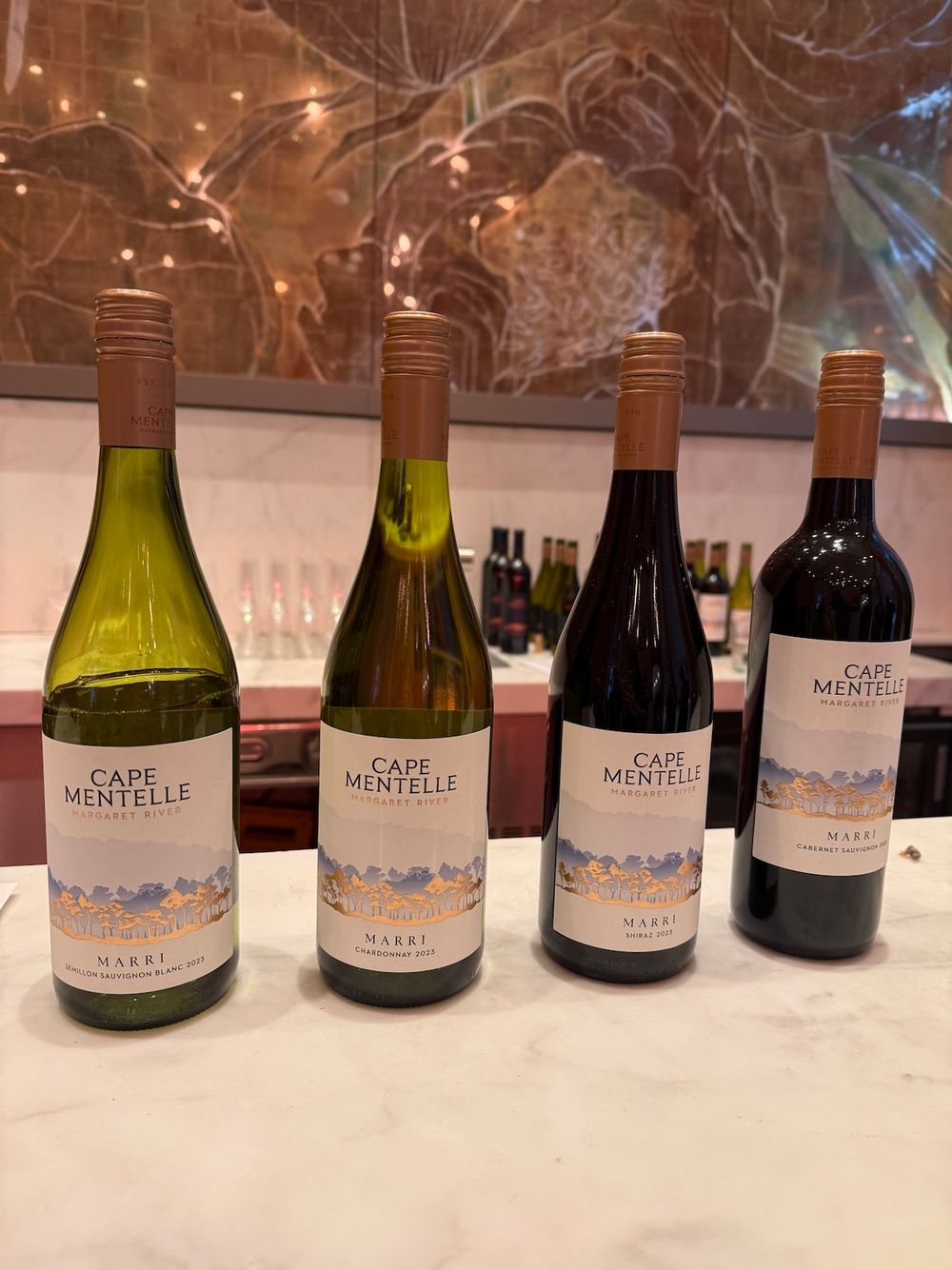
In the Marri range, Moulton is looking to show varietal and regional characteristics with little use of oak – wines that are not overwrought and have punchy fruit. The range, which includes a Cabernet Sauvignon, Chardonnay, Shiraz and a Sauvignon Blanc/ Semillon blend, will go into supermarkets while also offering on-trade venues a by-the-glass option. At the top end, the Heritage range will be allocated to independent off-trade venues and high-end on-trade.
Moulton’s senior winemaker is French-born Coralie Lewis, whose eleventh vintage this is as a team; he confides that his biggest disagreement with her is over eucalyptus aromas in the wine which she regards as a fault but, as a local, Moulton believes brings a sense of place.
Cape Mentelle’s Cabernets are clearly Australian in character, with a purity of fruit overlaid with eucalyptus notes in the Marri Cabernet, while Sixteen Hectares and Heritage present more subtle mint chocolate-like aromas.
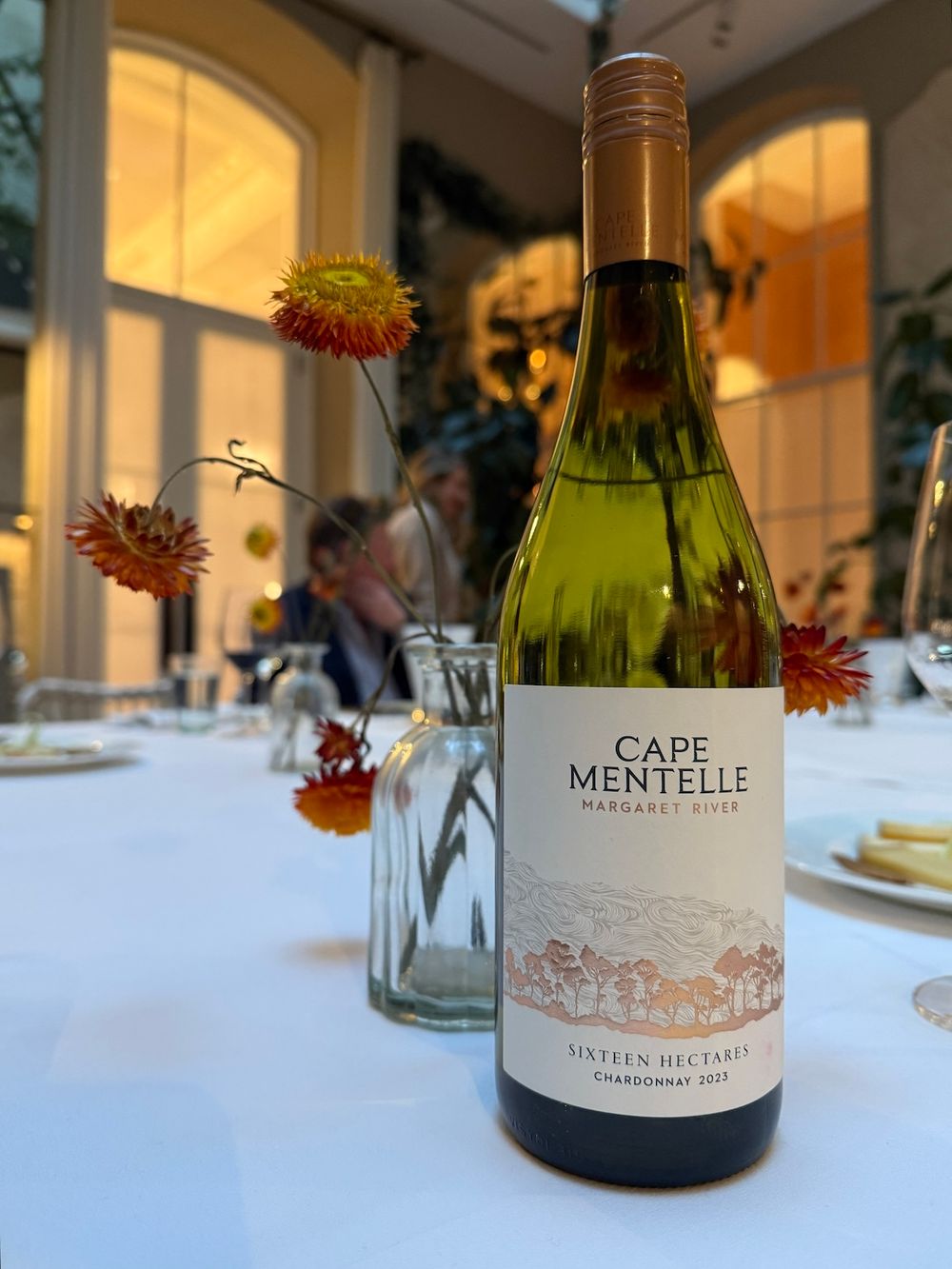
By contrast the Sixteen Hectares wines do have some oak maturation, with vineyard selection being key – for example, blending Chardonnay from Chapman Brook Vineyard for its white peach character with fruit from Crossroads Vineyard which has citrus notes that can fill out the mid-palate. This brings layers of flavour to the wine, which Moulton is looking for along with “loads of flavour and length of flavour.”
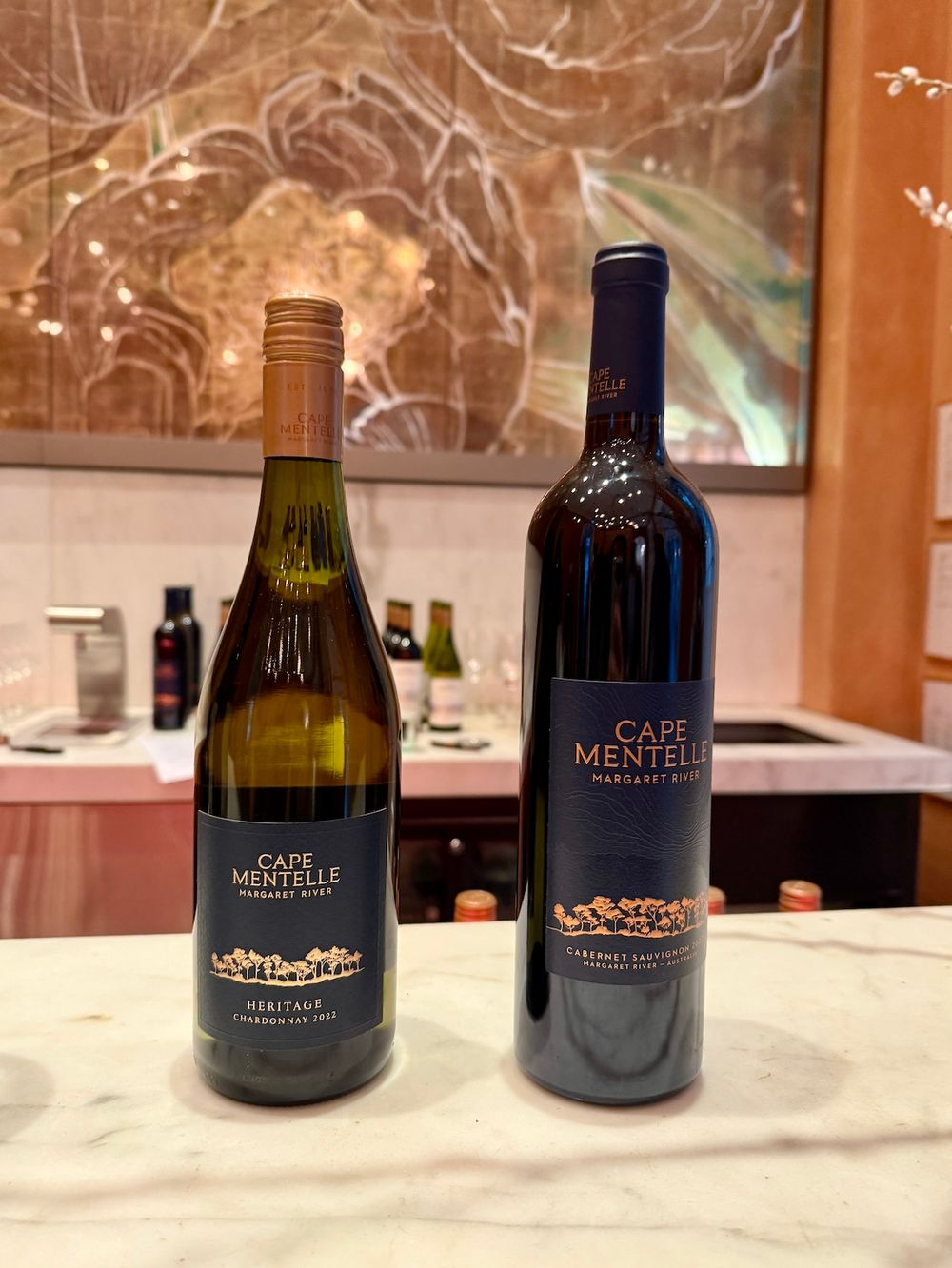
The same philosophy applies to the Heritage range of wines, although here Moulton uses block and barrel selection to make wines that can age for at least a decade with generous acidity and concentrated fruit.
Clonal selection is also important. Moulton explains that the Marri Cabernet Sauvignon is predominantly made with SA126 fruit, a high-yielding clone popular in the 1980s. The team has to restrict yields on these blocks, dropping up to half the fruit to increase concentration and its ability to blend better with a small percentage of Merlot. In contrast, the Heritage Cabernet is mainly made from Houghton clone, which shows deeper, darker fruit with more powerful tannins.
Aside from achieving the right fruit profile, Moulton sees tannin management as key in making red wine.
“You cannot hide from sappy, green, bitter tannin,” he says, “Tannin should be delicious, it should be like little marbles rolling across your tongue…a little bit of phenolic crunch, a bit of length on the palate, tannins are the most glorious thing about wine.”
As with every other facet of winemaking the team is driven by data here (analysing how much anthocyanin accumulation can be extracted, for example) although Moulton concedes that while data is studied, the key comes down to what the final wines taste like.
“Every single winemaking decision is based on flavour and taste… because ultimately that’s all that matters.”
What’s next for Cape Mentelle?
Historically, Cape Mentelle has controlled the quality and quantity of its grapes by sourcing in-house. This business model will continue so that all the variables can still be controlled, with two years of replanting across the four vineyards being earmarked to deliver the needs of the business.
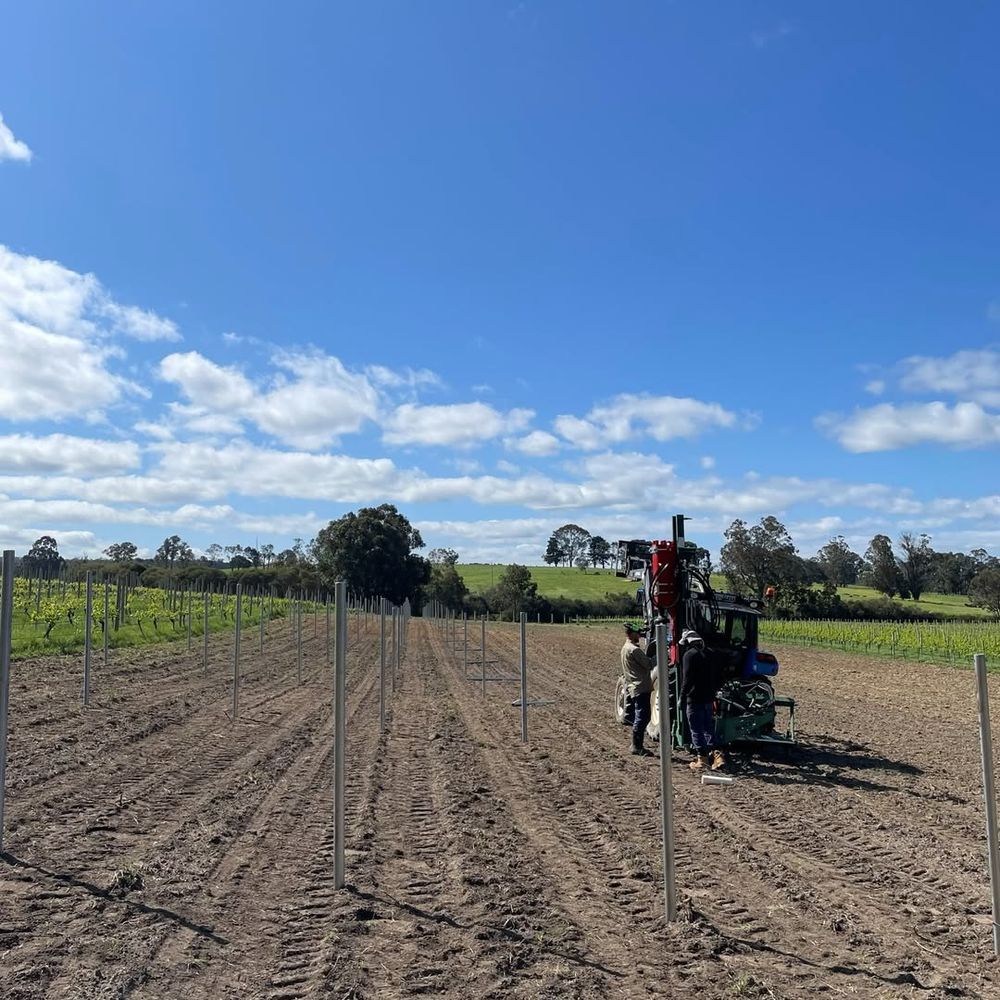
At the start of the 2024/5 season the Cape Mentelle team planted 11,000 Cabernet Sauvignon vines (on rootstock) at Trinders Vineyard and 17,000 Chardonnay vines (Gingin, own rooted) at Chapman Brook Vineyard
When looking at how to reintroduce the brand to consumers, the team also went through a process of tasting over 70 wines that they saw as competitors to ensure they were making wines they could be proud of. The key drivers being: “it's got to be regional, it’s got to come from Cape Mentelle vineyards and the rest will look after itself.” Moutlon stresses that ultimately “We’re in the business of creating fun for people.”
It's clear Moulton is proud of his colleagues and the wines they are making, it’s a close-knit team where they call him ‘Dad’ partly due to the sense of responsibility he displays towards everyone working in the business. But what would he most like to be remembered for at Cape Mentelle, I ask?
“I want to be remembered for guiding the ship and setting the business up for the next 30 years… a steady hand on the wheel, but also to explore all the options we can… you don’t make a masterpiece with primary colours, we want to provide the next generation with as many colours and shades as we can so they can craft their own masterpiece.”
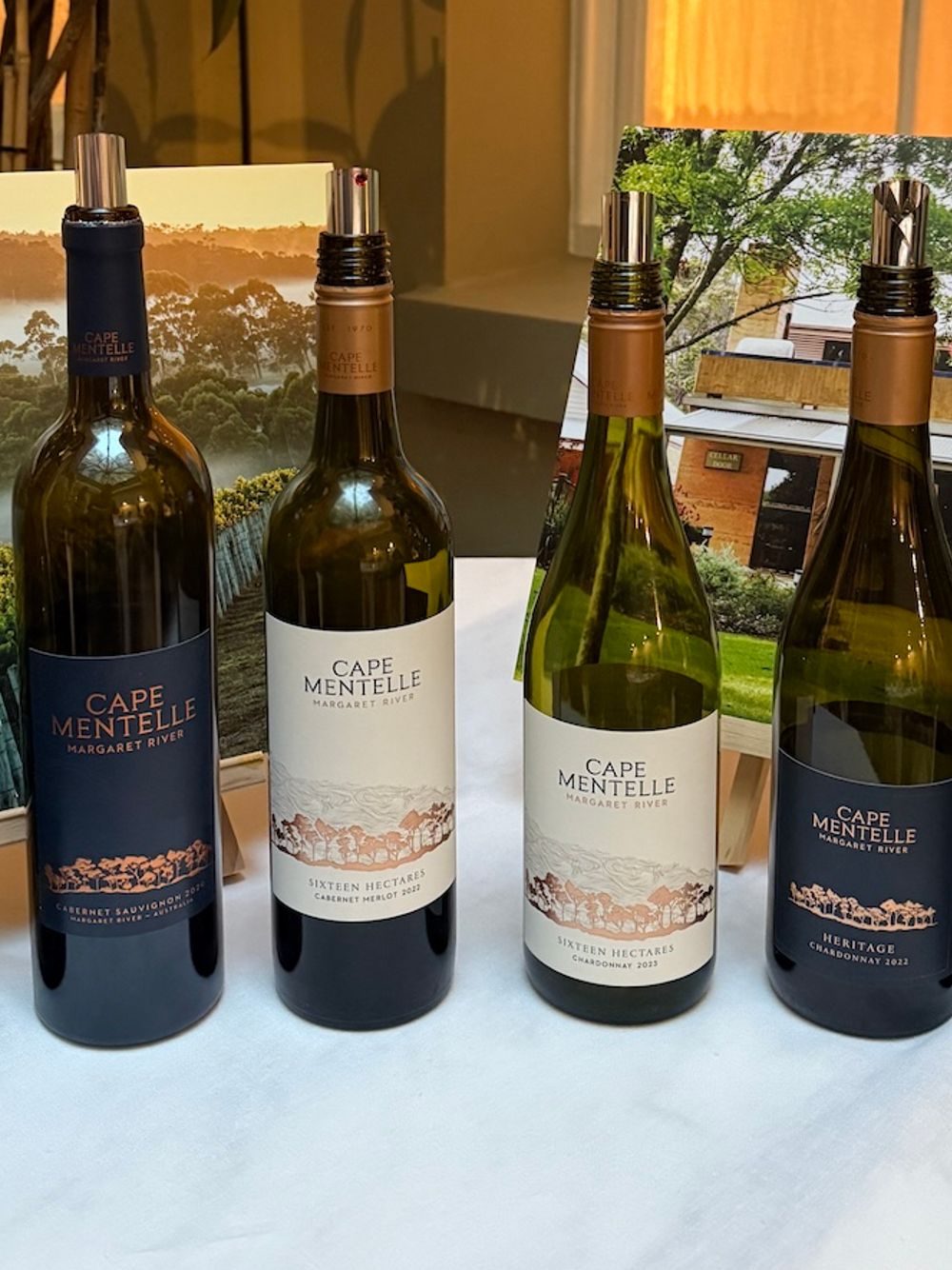
Cape Mentelle wines are available through Bancroft Wines in the UK

